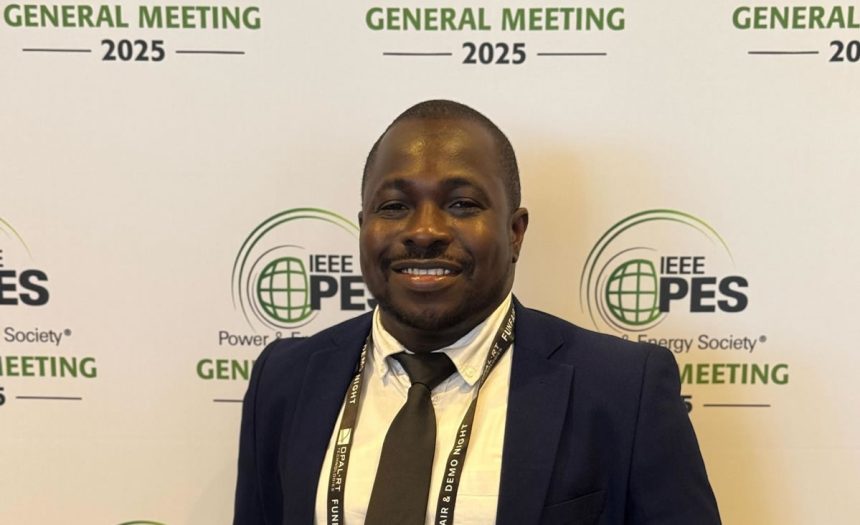As countries move toward cleaner and more decentralized energy systems powered by solar, wind, electric vehicles, and battery storage, the digital complexity of the power grid is increasing dramatically. This transformation, while critical to achieving climate goals, introduces a new and growing risk: cyberattacks. One of the most vulnerable parts of this evolving grid is the growing network of Distributed Energy Resources (DERs). These are smaller, often privately owned power-generating units connected across the grid, from rooftop solar panels to smart inverters and electric vehicle chargers. While DERs offer flexibility and resilience, they also introduce countless entry points for potential attackers. Most of these devices operate with minimal computing resources and lack consistent cybersecurity standards, making them harder to monitor and protect.
As a result, energy systems around the world are entering a phase where being smart is not enough. They must also be secure. In response to this growing challenge, the United States has made grid cybersecurity a national priority. Agencies and research institutions are working to implement Zero Trust principles and develop real-time cyber situational awareness tools that can detect, explain, and mitigate threats to the energy grid.
This commitment was reflected at the 2025 IEEE Power and Energy Society General Meeting (PES GM), held in Austin, Texas. The conference brought together global experts in power systems, energy policy, and cybersecurity to explore strategies for protecting critical infrastructure in an increasingly digital world. Among the presenters was Damilola Popoola, a researcher at Iowa State University. His work speaks directly to the questions many in the room were asking: How do we secure a rapidly growing network of DERs? How can we give energy operators the tools they need to detect and understand cyber threats as they happen?
At the conference, Damilola Popoola presented his ongoing research titled “Cyber Situational Intelligence for Distributed Energy Resources (DER) Networks.” The presentation, which he also shared on his LinkedIn profile, outlines a timely initiative aimed at strengthening U.S. energy infrastructure through more intelligent, responsive, and transparent cybersecurity systems. At the core of the work is a simple but powerful idea: grid operators need more than just alerts; they need meaningful context to make informed decisions quickly and effectively. His research focuses on delivering that intelligence in DER environments, where visibility is often limited and conventional security tools fall short.
As DERs continue to shape the future of the U.S. grid, the ability to anticipate, detect, and interpret cyber threats in real time will be essential. Popoola’s contribution supports this vision by aligning with national energy security priorities outlined by the Department of Energy and the White House National Cybersecurity Strategy.
What Popoola presented at PES GM 2025 is more than a research project. It is part of a broader mission to ensure that the clean energy systems of the future are not only sustainable but also secure. As the grid becomes more complex, the need for clarity, trust, and rapid response becomes even more urgent.
In a landscape where threats evolve as quickly as the technologies designed to solve them, this research provides something critical: actionable intelligence that connects data to decisions. It reminds us that innovation is not only about building new systems but also about making them resilient, reliable, and ready for the challenges ahead.
Securing the grid has become one of the most critical imperatives for national infrastructure, and it will play a vital role in ensuring that the clean energy systems of tomorrow are not only intelligent and sustainable, but also resilient and protected against evolving threats.
WATCH TOP VIDEOS FROM NIGERIAN TRIBUNE TV
- Let’s Talk About SELF-AWARENESS
- Is Your Confidence Mistaken for Pride? Let’s talk about it
- Is Etiquette About Perfection…Or Just Not Being Rude?
- Top Psychologist Reveal 3 Signs You’re Struggling With Imposter Syndrome
- Do You Pick Up Work-Related Calls at Midnight or Never? Let’s Talk About Boundaries






